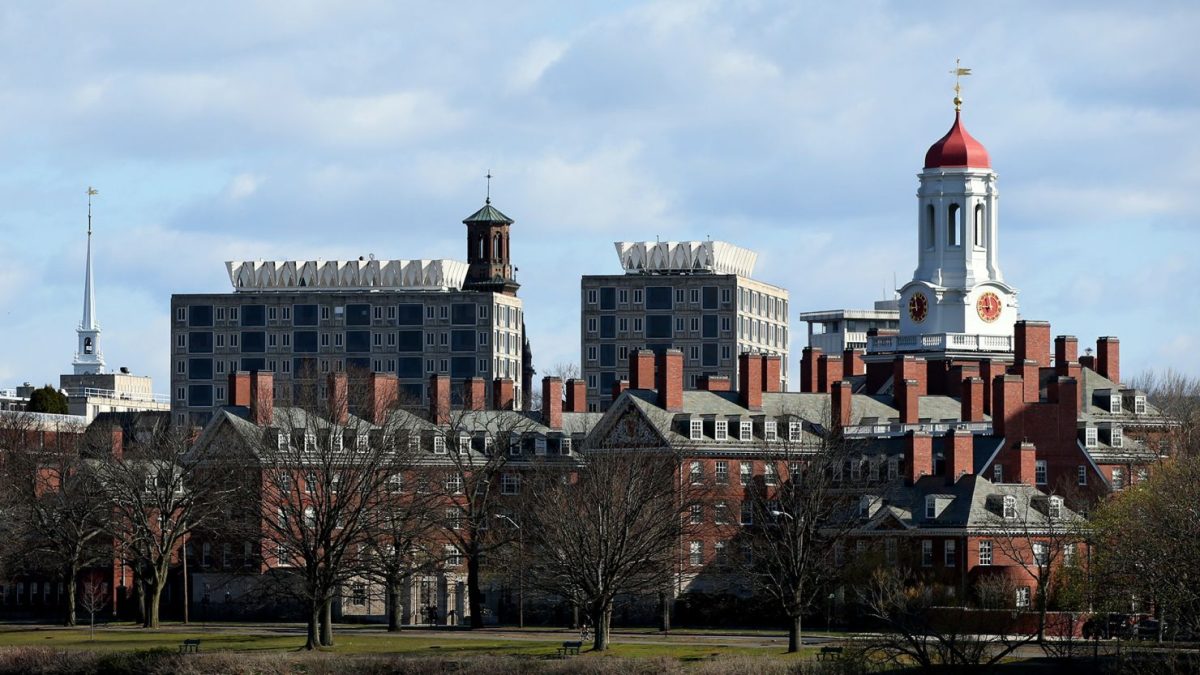On April 11th of 2025, the government charged Harvard with accusations of failing to protect Jewish students, and then cited ten conditions for Harvard to fulfill in order to “fix the issue”, asserting that if these conditions weren’t met, several billions of dollars of funds would be cut. The issue with this is that Harvard has been trying to meet these goals, even acknowledging that work must be done in order to fully eliminate anti-semitism from campus. They have spoken, saying that “while important steps have been taken, Harvard acknowledges that there is still ‘much work to do.’”
However, while Harvard wants to have equality on their campus, it’s very hard to squeeze every last form of hatred out of a whole student body. So, in defense of their rights and their ability to make changes, they declined to accept these conditions.
After Harvard failed to comply with the requirements, the government cut many billions of dollars of funding towards the school. This included multiple millions of dollars slotted for innovations and sciences that support and improve American lives. Harrison Fields, a White House spokesperson, stated that “taxpayer funds are a privilege, and Harvard fails to meet the basic conditions required to access that privilege.” The question is, why? What is the problem with Harvard, and why can’t they agree to the ten conditions?
While most of the conditions seem to be in good faith for Jewish students, a pattern is seen throughout the letter, which does not just highlight reforms based on anti-semetism, but mandates a complete reform to fit the priorities of the government. Some of the conditions include full government transparency, complete administration reforms, and reduced influence of students, activists, and decentralized bodies. Harvard responded by saying that the terms violate the university’s freedoms and rights as recognized by the Supreme Court without due processes established by Congress being undertaken.
In response to cuts of billions of dollars, Harvard filed a lawsuit against the Department of Energy, arguing that withholding funds used to advance research in multiple areas of science and technology does not correlate to combating anti-semetism. In their complaint, Harvard argued that “The Government has not—and cannot—identify any rational connection between antisemitism concerns and the medical, scientific, technological, and other research it has frozen that aims to save American lives, foster American success, preserve American security, and maintain America’s position as a global leader in innovation.” The funds cut support for many forms of innovative processes and fields, such as medical and engineering work, that potentially improve the lives of many civilians. Some of these innovations include important cancer research and space research and engineering.
Allying with Harvard, many universities have signed and supported the fight against the government, as it will determine whether the rights of more universities, especially private ones, to moderate and develop on their own without the government breathing down their necks may be threatened in the future. As for the lawsuit, the process is still ongoing, but it will definitely be a long battle for the rights of Harvard, and the future of rights for universities.







![Zordan, E. (2025). Gillian Murphy. [Photograph] The New York Times.](https://chswarriorscroll.com/wp-content/uploads/2025/10/unnamed-1200x1200.png)









